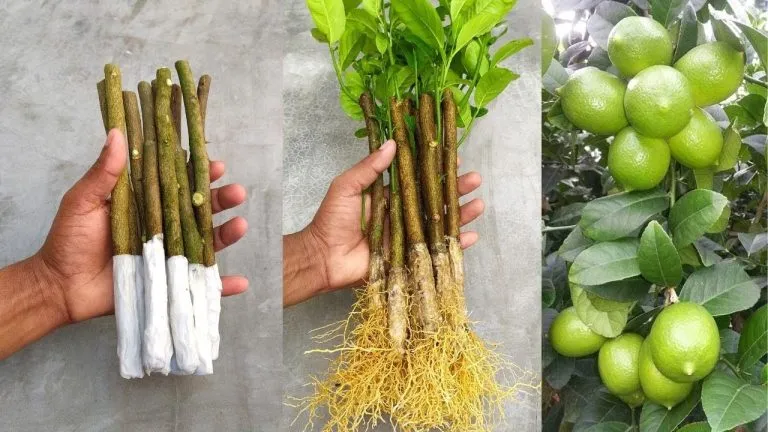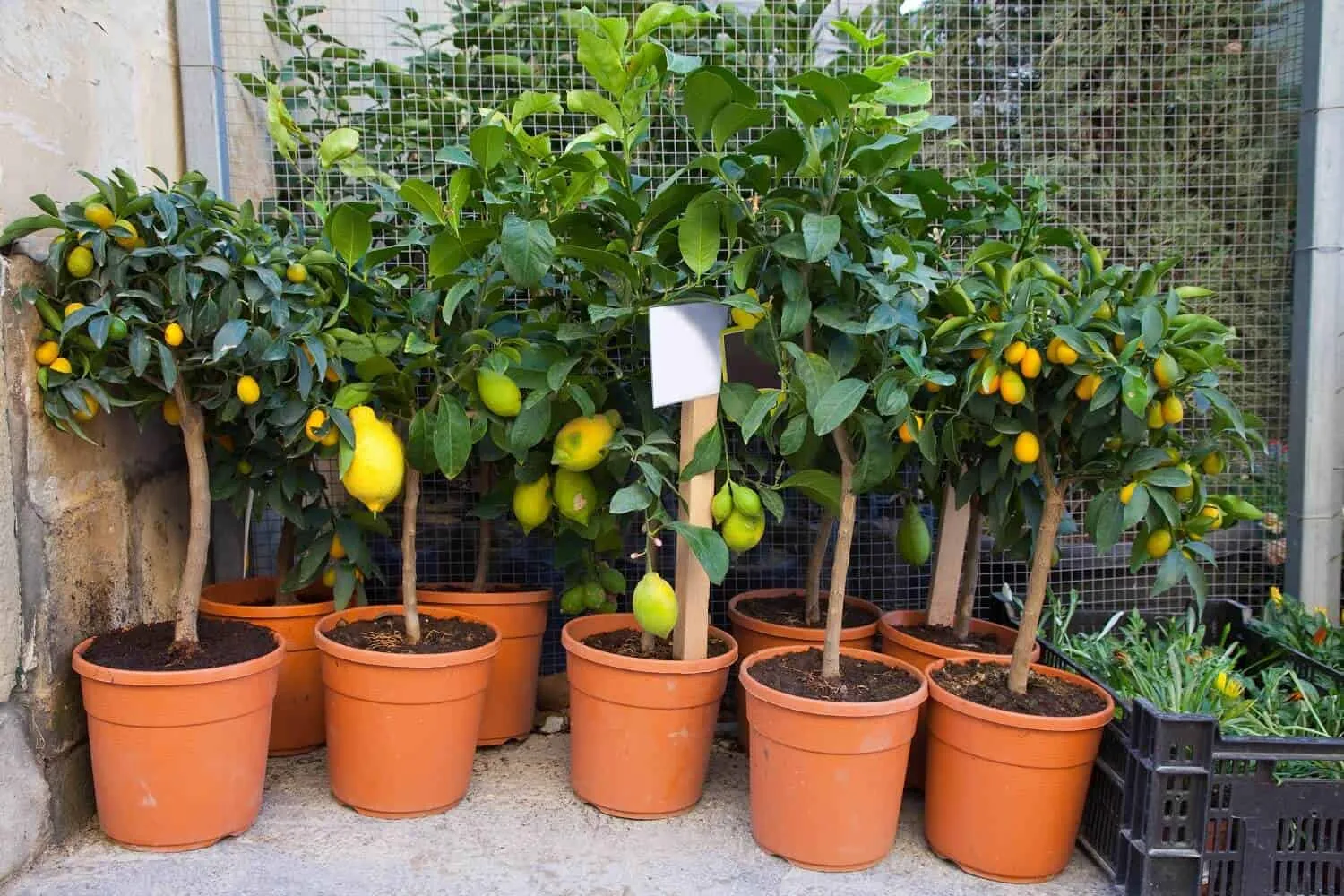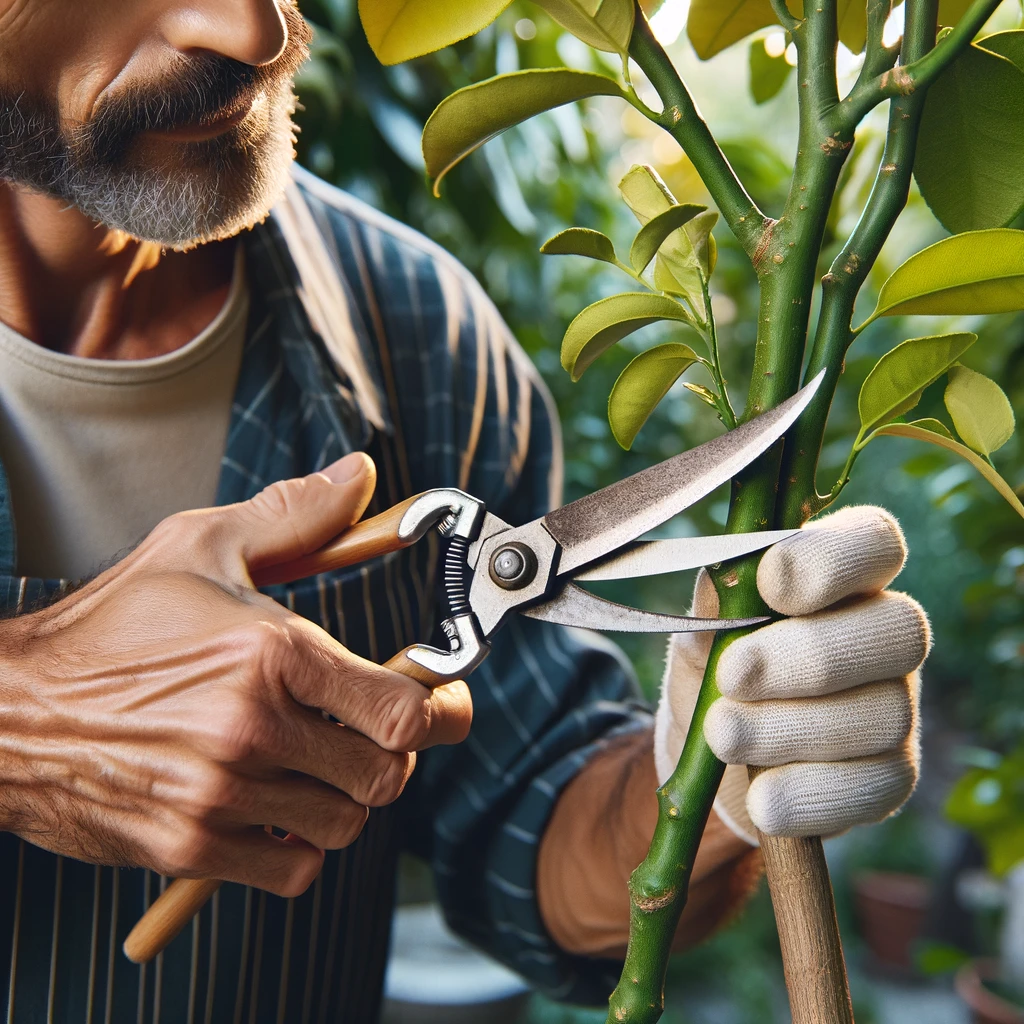
Cultivating lemon trees in your garden or home brings not only visual charm but also the practical advantage of homegrown lemons. One novel approach to propagating lemon trees is by using cuttings with tissue paper. This guide delves into this distinctive method, offering easy-to-follow steps suitable for gardeners at any skill level.
Fundamentals of Lemon Tree Propagation
Cutting-based propagation is a popular technique for various plants, including lemon trees. It is preferred because it replicates the parent plant, guaranteeing identical fruit quality. Propagating from cuttings often yields more predictable results than seeding, where plant traits can vary.

Importance of Tissue Paper in Propagation
In this method, tissue paper is essential for preserving moisture around the cutting, a vital factor for root growth. This technique creates a more controlled environment than traditional soil or water planting, aiding in root formation while minimizing the risk of decay or disease.
Materials Required
You will need: robust lemon tree cuttings, tissue paper, a rooting hormone, a suitable potting mix, and appropriate pots. Clean pruning shears and a small brush for the rooting hormone application will also be useful.
Selecting the Ideal Cutting

The success of this method starts with the right cutting. Opt for a vigorous, 6-8 inch branch from a mature lemon tree, ideally in late spring or early summer during active growth.
Preparing Your Cutting
Cut the branch at a 45-degree angle. Strip the lower half of its leaves to expose the nodes, encouraging the cutting to concentrate on root development.

Tissue Paper’s Role in Rooting
Wrap the leafless bottom half of the cutting in damp (not wet) tissue paper to create a humid microenvironment conducive to rooting.
Application of Rooting Hormone
Dip the cutting’s end into a rooting hormone to foster root growth, improving propagation success.
